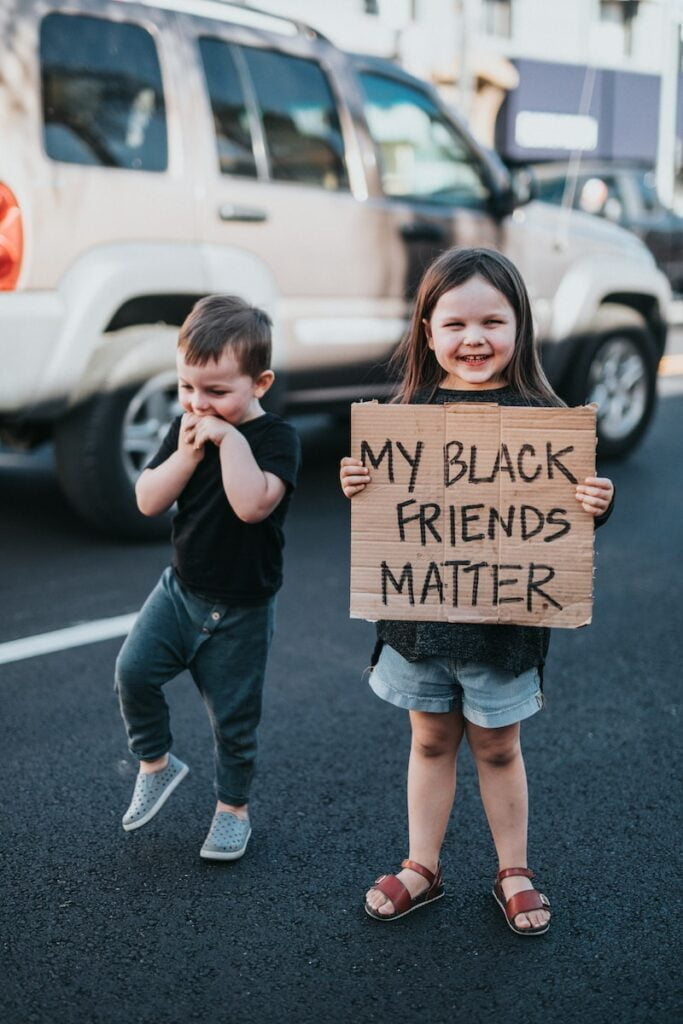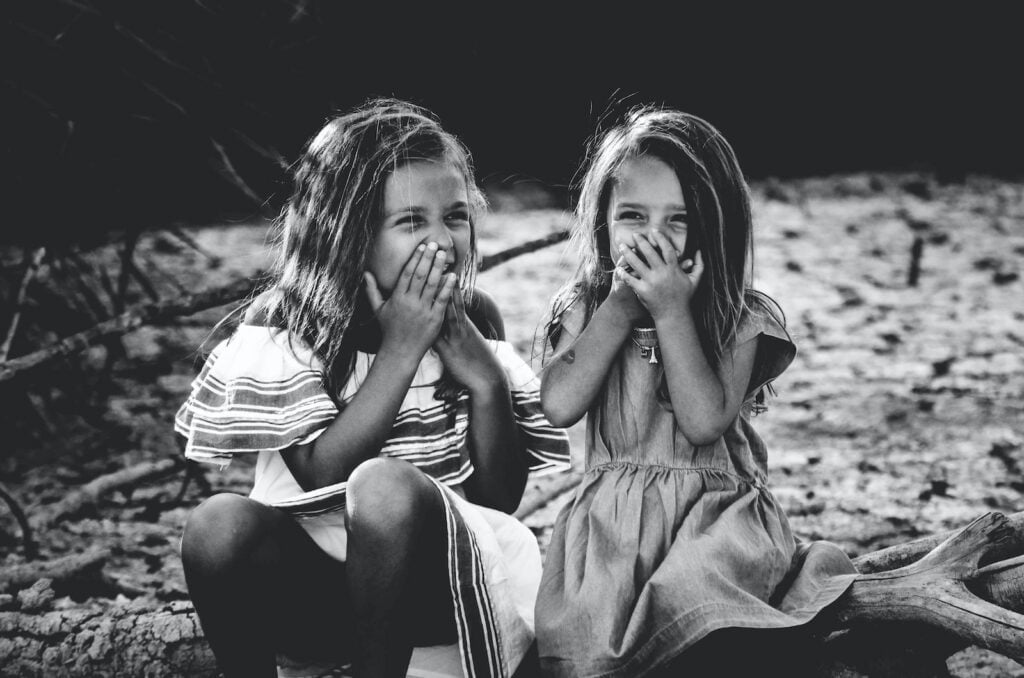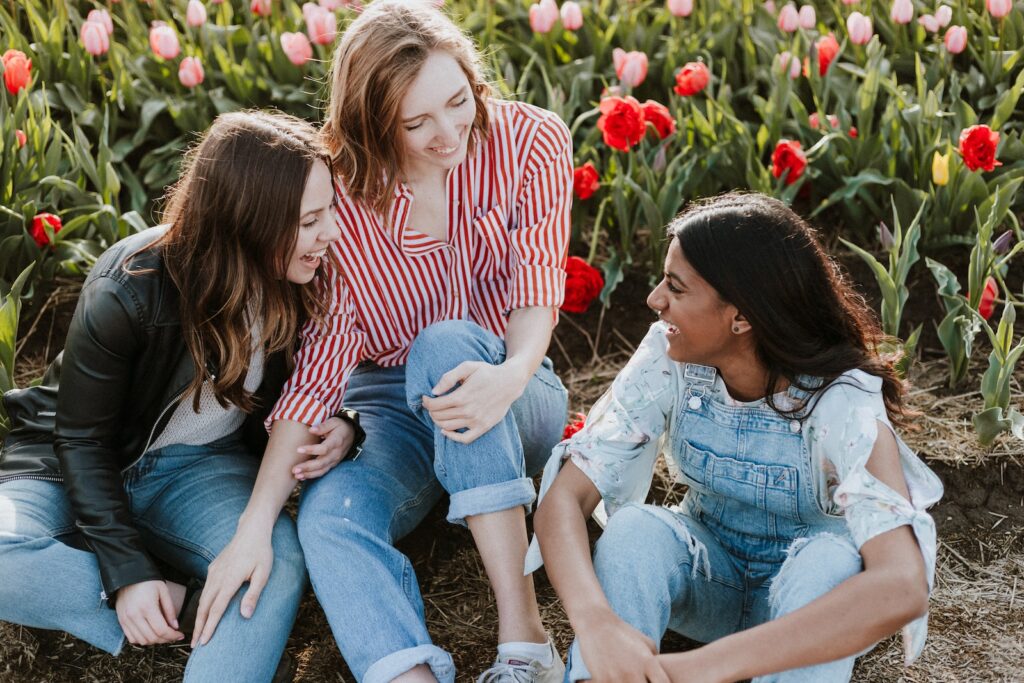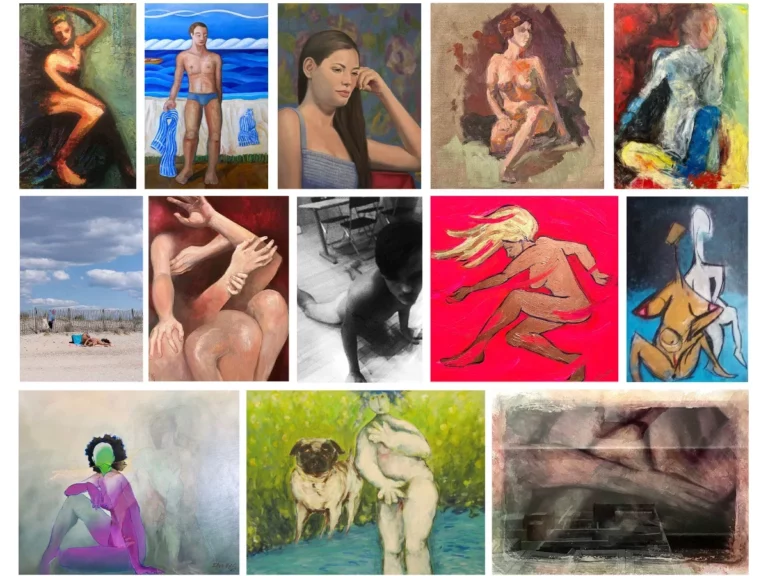Nurturing Friendships Through Open Communication and Conflict Resolution

In a rapidly changing world that often seems to be increasingly divided, the power of friendship emerges as a beacon of hope, uniting people across generational, cultural, and racial lines. The foundation of these connections, whether they involve individuals from different backgrounds or those who have known each other for years, lies in the art of open communication and effective conflict resolution. These essential skills have the potential to bridge the gap between people, fostering understanding, empathy, and lasting bonds.
Studies reveal the transformative impact of open communication in intergenerational and interracial relationships, with research from the Journal of Intergenerational Relationships indicating that fostering dialogue between generations can reduce age-related stereotypes and improve overall well-being. Similarly, a study published in the Journal of Social Issues highlights the role of open communication in promoting positive interracial interactions and reducing racial bias. These findings underscore the significance of open dialogue and conflict resolution in nurturing friendships that can transcend barriers and bring people together.
As we explore the inspiring stories of friendships that have flourished through open communication and effective conflict resolution, we delve into the techniques and strategies that can help us cultivate our own connections, transcending divisions and enriching our lives. Join us on this journey towards stronger, more resilient friendships, and discover the profound impact that these bonds can have on our mental health and the world around us.

Table of Contents
Open communication
Open and honest communication is vital for the health and longevity of any friendship. It allows friends to understand each other’s feelings, needs, and boundaries, fostering a sense of trust and emotional intimacy. In this section, we explore the benefits of effective communication and the essential skills for managing conflict in friendships.
Active Listening
Active listening is a crucial aspect of open communication in friendships. It involves giving full attention to the speaker, asking clarifying questions, and offering verbal and non-verbal cues to demonstrate understanding. This skill helps to create an environment where both friends feel heard and valued, promoting a deeper sense of connection.
Expressing Feelings and Needs
Being open about one’s feelings and needs is essential in any friendship. Friends should feel comfortable sharing their emotions and discussing their expectations without fear of judgment or rejection. This openness helps to prevent misunderstandings and fosters a strong foundation of trust and emotional support.
Setting Boundaries
Establishing and respecting boundaries is a vital component of open communication. Friends should be clear about their limits and respect each other’s personal space and preferences. This mutual understanding helps maintain a healthy balance in the relationship and prevents feelings of resentment or being taken for granted.

Inspiring intergenerational and interracial friendships that stood the test of time
In a world where differences often create divisions, the power of friendship has the ability to bring people together, transcending barriers of age, race, and culture. Intergenerational and interracial friendships offer a unique opportunity for individuals to learn from one another, challenge stereotypes, and foster understanding. Through open communication, these connections have the potential to not only stand the test of time but also create a lasting impact on the lives of those involved and the communities they inhabit. In this article, we celebrate the inspiring stories of intergenerational and interracial friendships that have flourished through open dialogue and mutual respect.
The Friendship of Nelson Mandela and Francois Pienaar
The friendship between Nelson Mandela, South Africa’s first black president, and Francois Pienaar, the white captain of the South African national rugby team, was instrumental in uniting a nation torn apart by apartheid. Their connection, forged through shared values and a commitment to reconciliation, helped to bridge the racial divide in South Africa during a critical period in the country’s history. Through open communication and a willingness to understand one another’s perspectives, Mandela and Pienaar’s friendship became a symbol of hope and unity for the people of South Africa.
Maya Angelou and Oprah Winfrey
The bond between Maya Angelou, the renowned poet and civil rights activist, and Oprah Winfrey, the media mogul and philanthropist, is a shining example of an intergenerational friendship that transcended race and age. Spanning decades, their connection was marked by mutual admiration, support and a shared passion for uplifting others. Through open communication and a deep understanding of each other’s experiences, Angelou and Winfrey’s friendship left a lasting impact on their lives and inspired countless others.
Ruth Bader Ginsburg and Antonin Scalia
Supreme Court Justices Ruth Bader Ginsburg and Antonin Scalia may have been known for their opposing ideologies, but their friendship was a testament to the power of open communication and respect for differences. Despite their contrasting views, Ginsburg and Scalia maintained a close bond, sharing a love for opera, travel, and lively intellectual debate. Their friendship serves as a reminder that open dialogue and the willingness to listen to and learn from one another can forge strong connections even in the face of profound differences.
Ann Atwater and C.P. Ellis
In 1971, Ann Atwater, a black civil rights activist, and C.P. Ellis, a white Ku Klux Klan member, found themselves working together to address the issue of school desegregation in Durham, North Carolina. Their initial animosity gradually gave way to understanding and empathy as they communicated openly about their fears and experiences. Through their shared commitment to the cause, Atwater and Ellis formed an unlikely friendship that would last until Ellis’s death. Their connection serves as a powerful example of how open communication and a willingness to confront one’s prejudices can lead to transformative friendships.
These inspiring stories of intergenerational and interracial friendships demonstrate the power of open communication in bridging the divide between people from different backgrounds and experiences. Through empathy, understanding, and a willingness to learn from one another, these connections have not only stood the test of time but also played a significant role in fostering positive change in the world. As we nurture our own friendships, let us remember the importance of open dialogue and the transformative potential of our connections with others.

Friendships- conflict resolution through open communication
Disagreements and conflicts are inevitable in any relationship, including friendships. The key to maintaining a strong bond is to approach conflict resolution with empathy, understanding, and a willingness to compromise. Here are some strategies for resolving conflicts in friendships:
Addressing issues early
Tackling problems as they arise is essential for preventing them from escalating into more significant issues. Friends should feel comfortable discussing their concerns and addressing any misunderstandings promptly, ensuring that both parties feel heard and understood.
Using “I” statements
When discussing a conflict, using “I” statements can help to express feelings and needs without placing blame or creating defensiveness. For example, instead of saying “You always interrupt me,” one could say, “I feel unheard when I am interrupted during conversations.”
Finding common ground
During a disagreement, it’s essential to focus on finding common ground and understanding each other’s perspectives. This approach can help to identify potential compromises and foster a sense of unity, even when opinions differ.
Agreeing to disagree
In some cases, friends may not be able to reach a consensus on a particular issue. In these instances, it’s important to respect each other’s opinions and agree to disagree, maintaining a sense of mutual respect and understanding.
Strong friendships are built on a foundation of open communication and effective conflict resolution. By actively listening, expressing feelings and needs, setting boundaries, and approaching conflicts with empathy and understanding, friends can nurture a resilient and rewarding bond. These skills not only enhance the quality of our friendships but also contribute to our overall mental health and well-being.
Bonds that shaped history: famous friendships and great communication
Throughout history, friendships have played a significant role in shaping our world, transcending borders, time, and circumstances. These powerful connections have inspired great works of art, literature, and feats of discovery. Let us journey back in time and celebrate some of the most famous friendships that have left an indelible mark on history.
John Adams and Thomas Jefferson
The friendship between John Adams and Thomas Jefferson, two of America’s Founding Fathers, was characterized by intellectual camaraderie and mutual respect. Their correspondence, spanning over five decades, demonstrates their deep connection and shared passion for their young nation. Despite their political differences, their friendship endured, with both men passing away on the same day – July 4, 1826 – 50 years after the signing of the Declaration of Independence.
William Shakespeare and Richard Burbage
William Shakespeare and Richard Burbage, the leading actor in Shakespeare’s theatre company, shared a friendship that transformed the world of theatre. Burbage brought Shakespeare’s iconic characters to life, including Hamlet, Macbeth, and Othello. Their artistic collaboration led to the creation of some of the most celebrated plays in history, leaving a lasting legacy that continues to inspire generations.
Mary Shelley and Lord Byron
The friendship between Mary Shelley and Lord Byron, two of the most influential writers of the Romantic era, is another testament to the power of friendship in shaping history. Their creative collaboration and mutual support led to the birth of one of literature’s most enduring novels, “Frankenstein.” Their friendship allowed them to challenge societal norms and push the boundaries of their artistic expression.
Susan B. Anthony and Elizabeth Cady Stanton
The partnership between Susan B. Anthony and Elizabeth Cady Stanton, two of the most prominent women’s rights activists in the United States, exemplifies the power of friendship to effect change. Their tireless work and shared commitment to women’s suffrage laid the groundwork for the 19th Amendment, which granted women the right to vote. Their friendship and collaboration were instrumental in advancing the cause of gender equality.
Lewis and Clark
Meriwether Lewis and William Clark’s friendship is a testament to the power of trust and teamwork in the face of adversity. Their incredible journey as they led the Corps of Discovery Expedition across the uncharted American West not only expanded the nation’s knowledge but also forged a lifelong bond between the two men. Their friendship played a crucial role in the success of their daring venture.
These famous friendships remind us of the incredible power that lies within our connections with others. Friendships have the potential to inspire creativity, propel change, and foster resilience in the face of adversity. As we cherish our own friendships, let us remember these historical bonds and the lessons they offer, recognizing the extraordinary impact that our social connections can have on our lives and the world around us.
If you want to share your story and inspire our readers with your wisdom and expertise, know that every story is paving the way for a brighter, happier future.






